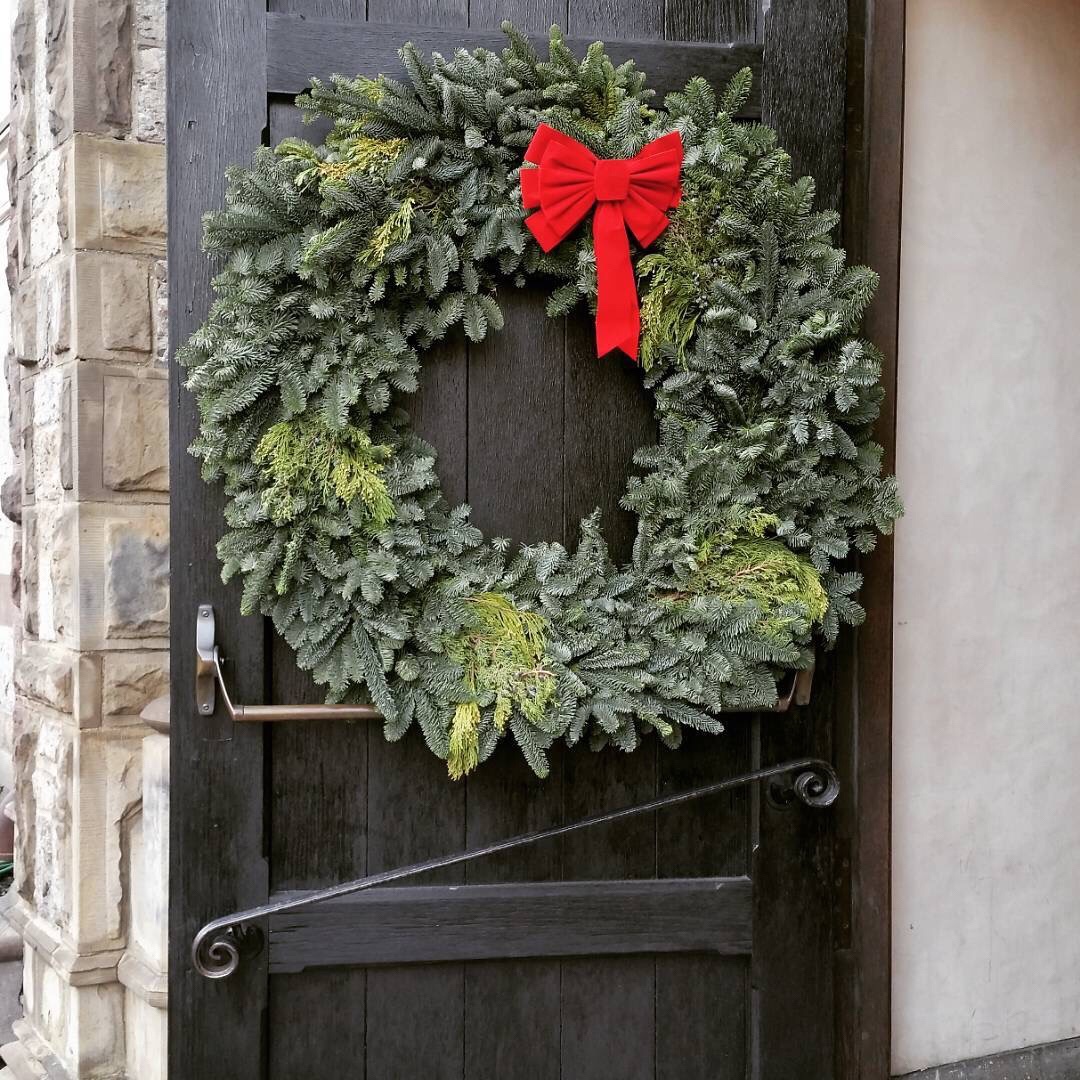
It’s the day before American Thanksgiving and I’m sitting in my mom’s living room looking out at the quickly fading daylight. Soon it will be twilight and lights around the city of Rochester, New York will come on, our 21st century way of prolonging daylight.
The mashed potato roll dough is in the refrigerator, pumpkin pies are cooling, cranberry sauce is made, and everything else will happen by tomorrow. While no one would ever call me a traditionalist, when it comes to Thanksgiving, I love traditions of food and activities. I love it all – the turkey, mashed potatoes, stuffing, pumpkin pie, and homemade cranberry sauce. I’m happy to add extras like saag paneer and parathas but bring on the traditional foods and I’m content. I love the tradition of sharing memorable Thanksgivings from the past and favorite foods. I love playing games and easy conversation.
As I sit with my mom, a lot of our time is spent reminiscing. Her childhood and early adulthood come up often in these conversations, memories of people and events long gone. Memories return through all our senses – the taste of cranberry sauce, the smell of pumpkin pie, the sight of an old recipe, the sound of a song, the texture of a piecrust – and with their return the stories tumble out, often flowing into the next story before the first one is finished. These stories somehow live deep in our DNA, sometimes pushed far down but never truly forgotten. Listening and absorbing these stories becomes ever more precious knowing that at 94, any event could be my mom’s last.
As I sit in the quiet, gratitude for this season is a welcome companion. While Christmas brings its own peculiar pressure, the gift giving never seeming quite enough and the pressure to please sometimes overwhelming, Thanksgiving is enveloped in traditions and gratitude. No matter where we are in the world there is room for gratitude and feasting. No matter the tragedy or sadness that may be circling around us, Thanksgiving helps us stop and breathe, opening up space to remember friendship, protection, hope, and grace.
And with this, I am grateful to you all – some who I know in real life, some who I know online, others who reach out with kind affirmation and still others who read on the sidelines. I have processed through writing for eleven years….it’s a long time to walk with someone. Thank you! I will never take it for granted.
Image by Denis Naumenko from Pixabay





 Women have a strange relationship with food. Maybe it’s not just women. Maybe
Women have a strange relationship with food. Maybe it’s not just women. Maybe













